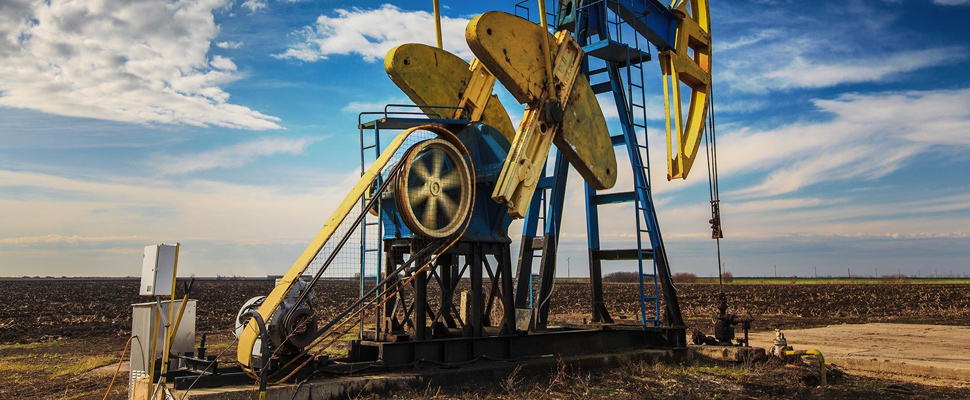Is fracking the most harmful form of energy production?
According to a new study, it is one of the least sustainable options for producing electricity
Leer en español: ¿El fracking es la forma más dañina de producción de energía?
Hydraulic fracturing, known as fracking, is a controversial process in which highly pressurized water, sand, and chemicals are injected IGNORE INTO tight rock formations to open up crack so oil and/or natural gas can be extracted.
A recent study by the British University of Manchester (UM), published in the journal Science of the Total Environment, inspected the environmental, economic, and social sustainability of fracking. The study ranked the controversial practice seventh amongst a pool of nine energy sources such a coal, wind, and solar. The study could prompt similar research in the U.S., the only nation currently fracking on a major scale.
“This enables us to evaluate its overall sustainability rather than focusing on single issues, such as water pollution, traffic, and noise, which have dominated the debate on shale gas so far,” said Adisa Azapagic, a professor at the University of Manchester and a corresponding author of the study.
Despite being banned by the Scottish government, fracking projects are currently being rolled out in other parts of the UK. To determine the potential of shale gas extraction in the UK, the government has stated it is “encouraging safe and environmentally sound exploration”. After finding a “very sizeable quantity of natural gas” in Lancashire’s Bowland Shale, fracking company Cuadrilla announced to intends to drill four exploratory horizontal wells to extract gas.
Full-scale commercial production of shale gas is not expected in the UK for at least the next couple of years. Thus, the scientists also considered future scenarios, including one in which shale gas was a key component in electricity production and one in which it was not.
Different nations have banned fracking, and currently, U.S. is the only country using it on a major scale. Probably, this U.K. study will prompt a similar study in the U.S. If the energy source ranks as low Stateside as it did in the U.K., it could encourage proponents to consider more sustainable alternatives.
The researchers considered the sustainability of various future scenarios and determined that a context in which fracking comprised one percent of the U.K.’s total electricity production was more sustainable than one in which it comprised eight percent.
In a report released in 2016, the Committee on Climate Change found exploitation of shale gas on a significant scale would only be compatible with UK carbon budgets if certain tests were satisfied. These tests, included limiting the greenhouse gas emissions, produced during fracking development, as well as ensuring shale gas displaced existing imports as opposed to increasing overall gas consumption.
When considering overall sustainability, Professor Azapagic and her collaborators found that considerable changes would be required to make fracking as sustainable as wind and solar power – notably a 329-fold reduction in environmental impacts. Opponents of fracking said this research provides further evidence that renewable energy is a better investment than shale gas extraction.
“The case for fracking is simply falling apart. The UK doesn’t need fracking in its energy future and can’t afford it either if Britain wants to honor its climate commitments. If Theresa May wants to keep her promise of a healthier environment for the next generation, she should ditch fracking and go all-out for solar and wind power instead.” said Emma Gibson, senior campaigner at Greenpeace UK.
Latin American Post | Diana Ramos
Copy edited by Marcela Peñaloza






